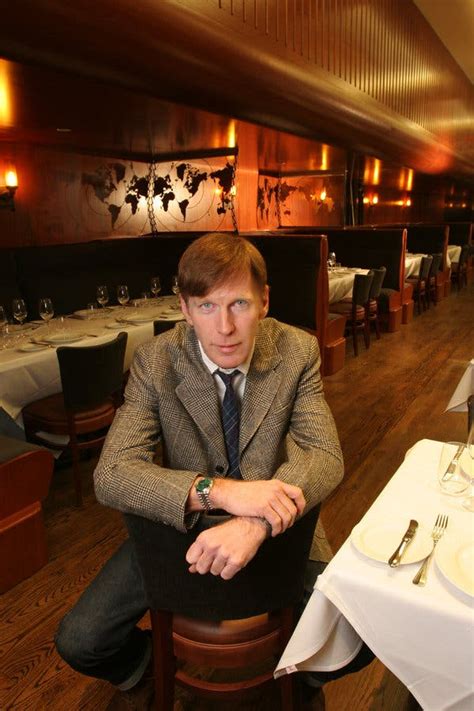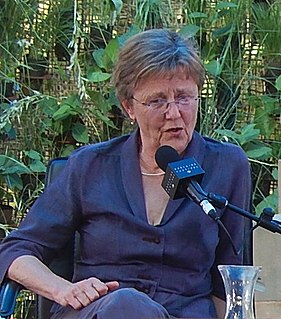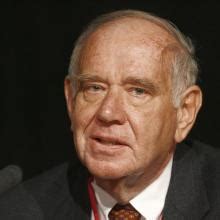A Quote by Colin Farrell
The level of backlash [for the True Detective] was kind of fascinating and not fully shocking because I know what the world of the internet is and how it's a platform to project their greatest anger and frustrations. But it's also a place where people can wax lyrical and be effusive in their glowing fondness of something.
Related Quotes
I love knowing and learning about people around the world displaying my art online. Also, it's how I learn about new artists that are in various parts of the world. The positive thing about Tumblr and Instagram is that they're a fantastic platform for art lovers. I also like, when I search for my art and it says, "see also or related artists," and I see those other artists that relate to me, at least according to the internet. I think it's fascinating - it's interesting to see hashtags people are using in relation to my work. It's another tool of communication.
Book culture has also become something that's kind of incredible to younger people now, because of the Internet. If you go to any of the book fairs - PS1 or the MOCA Book Fair - none of the people are over the age of 40 years old there, and they trade and buy books, because they're almost antiquities at this point. They're not really important, in a way, because the Internet is how information is taken in.
The thing I have learned, especially in the Internet age, probably the easiest thing in the world is to declare that something is not funny. I mean it's not actually humor to say something is not funny, but it is viewed by a lot of people - and by that I mean mainly snarky young Internet men - as a kind of humor in and of itself is putting down other people's efforts at humor. And I don't care that much anymore about that because I know how easy that is to do.
Elie Wiesel says that the greatest evil in the world is not anger or hatred, but indifference. If that is true, then the opposite is also true: that the greatest love we can show our children is the attention we pay them, the time we take for them. Maybe we serve children the best simply by noticing them.
I feel like if you know any women who's an essayist or a writer or a public speaker or just a public person, and they have any presence at all in any kind of social media, or any place where men can voice at them, you have to be pretty amazed at the level of special provocation and sort of violent speech and misogyny that comes at them. Any woman that's really in the public sphere has experienced this. It's kind of shocking how universal it is.
People assume that because I'm a celebrity and have this platform that I always know what I'm talking about. I guess I don't always know what I'm talking about because I'm a kid who's trying to figure it out amid all the chaos of the world at large, and also the chaos of having this voice and responsibility. At the same time, this voice and responsibility has been the biggest blessing because I'm able to create change just by posting something on Instagram. That's really amazing. I can't believe that I get to have that megaphone and I get to decide how to use it.
"The Theory of Everything" is an extraordinary story because [Jane Hawing] was incredibly religious and [Stephen Hawking] was an atheist, so you have this conflict both on a domestic level between a couple in a difficult situation but also this bigger conflict of science versus religion, so it's a really fascinating project.
I think at a place like Harvard, our experience, I was involved with, at various stages, in trying to implement a new general education curriculum, our experience was that Harvard's all about specialization, that's not just true of the professori, it's also true of a lot of the undergraduates, too, and they come, they kind of know what they want to do, they select it because they have a strong aptitude for something in particular.
I think that can also be the downfall at the same time in what's really difficult about being kind of in the public eye, you have so much exposure through the Internet, and you can receive a lot of comments, and you get kind of immediate gratification, but also immediate response from people that can either be negative or positive. But I'm really thankful for the internet because it's allowed me to connect with people so much more easily.


































